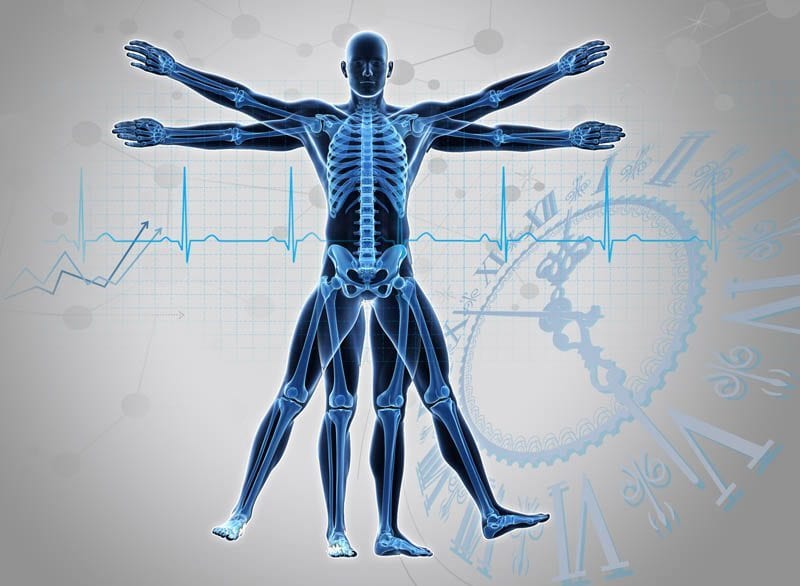Chronobiology and Mealtimes. (Please see the previous issues for the background)
This issue examines calories, food choices and mealtimes.
Calories
A comparative research undertaken by Jakubowicz (Jakubowicz D., et al. (2013). High-caloric intake at breakfast vs. dinner differentially influences weight loss of overweight and obese vomen. Obesity (Silver Spring) aimed to examine whether high-calorie intake in the morning or afternoon significantly impacted weight loss. The study compared two groups of overweight and obese women ingesting the same portion of calories. The data revealed that the group given a bigger breakfast and a smaller dinner had the following outcomes: 1. Greater weight loss, 2. Reduced waist circumference, 3. Improved metabolism.
Research by Bandill (Bandill, C., et al. (2015). Meal timing affects glucose tolerance, substrate oxidation and circadian-related variables: A randomized, crossover trial. International Journal of Obesity) has highlighted the following regarding carbohydrates and weight management:
- By avoiding carbohydrates from the late afternoon on, the lack of glucose in the blood forces the body to break up fat cells to convert into energy to accomplish its overnight functions.
- Consequently, millions of fat cells shrink while you’re sleeping.
- The most difficult fat deposits to lose are the stomach, thighs and upper arms.
Delayed mealtimes impact
Do delayed mealtimes influence the body’s biological clock? Chronobiology studies have found that specific internal clocks are impacted by our eating patterns. Their work revealed the following:
- Certain internal clocks, such as blood sugar rhythms, were delayed when mealtimes were delayed.
- The gene that helps to regulate circadian rhythm, also had delayed activity when meals were eaten late. This may explain prior research findings, that people who wait until the evening to eat have serious and dangerous delays in insulin release.
Late evening meals
Research by Garaulet published in 2013 in the National Journal of Obesity, studied the impact of late meals on the ability to lose weight. The study involved a clinical trial of 420 individuals engaged in a twenty-week weight loss program. It revealed that late eaters had higher insulin levels (known to be related to blood sugar imbalances). Significantly, the late eaters lost less weight than early eaters. The recommendation was that higher-carb meals should be eaten at midday rather than at night, as it has less effect on blood glucose levels.

